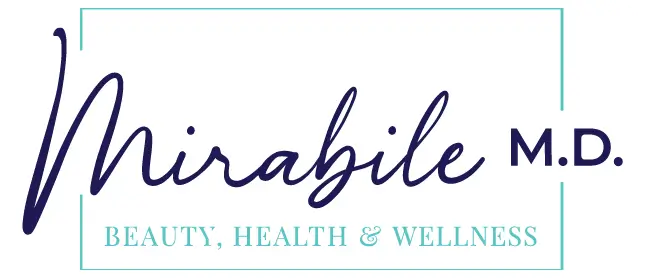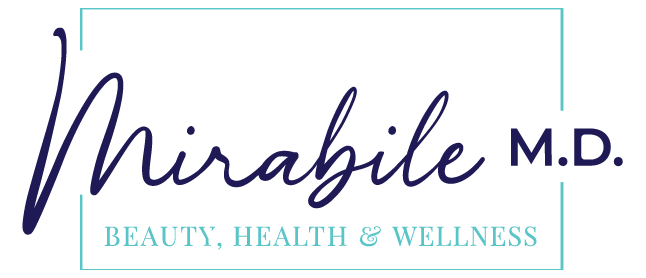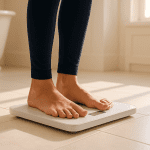Menopause is more than hot flashes and mood swings—it’s a pivotal time for a woman’s cardiovascular health. As estrogen levels decline, heart risks quietly climb, often without obvious symptoms. Understanding the crucial link between menopause and heart health empowers you to take proactive steps, protect your well-being, and make informed decisions about hormones and prevention.
Jump To:
TLDR – Quick Guide
- Risk rises: Menopause increases heart disease risk due to declining estrogen and metabolic shifts.
- Symptoms: Many women experience subtle warning signs, not classic chest pain.
- Prevention: A combination of lifestyle changes and personalized hormone management can lower your risk.
- Hormone therapy: It’s not one-size-fits-all—timing, type, and monitoring are essential.
- Talk to your doctor: Early assessment and action can safeguard your heart for decades to come.
Detailed Breakdown
The Science: Why Menopause and Heart Health Are Connected
Estrogen helps protect blood vessels, regulate cholesterol, and control blood sugar. When menopause arrives, these benefits diminish. The result? LDL (“bad” cholesterol) can rise, blood pressure may creep up, and arteries can become less flexible. All of these changes quietly raise the risk for heart disease—the number one killer of women.
Recognizing the Risks and Warning Signs
Heart attacks in women, especially post-menopause, don’t always present as dramatic chest pain. Symptoms may include:
- Shortness of breath
- Unexplained fatigue
- Jaw, neck, or back pain
- Nausea or dizziness
Too often, these warning signs are missed or mistaken for stress, indigestion, or even anxiety.
Prevention: Hormones and Lifestyle Strategies
1. Lifestyle First: The Non-Negotiables
- Adopt a heart-smart diet rich in fruits, vegetables, whole grains, and healthy fats.
- Aim for at least 150 minutes of moderate exercise weekly.
- Maintain a healthy weight and manage blood sugar, blood pressure, and cholesterol.
2. Hormone Therapy: A Personalized Decision
- Hormone therapy may help relieve menopausal symptoms and support heart health for some women—especially if started near the onset of menopause.
- The type of hormones, dosage, and delivery method matter. Risks and benefits must be weighed with your provider.
- Regular follow-ups and heart screenings are key for women using hormone therapy.
3. Other Preventive Measures
- Don’t smoke, and limit alcohol intake.
- Manage stress through mindfulness, sleep, and support networks.
- Keep up with annual checkups and screening labs.
Key Takeaways
- Menopause significantly impacts heart health, raising the risk of heart disease as estrogen declines.
- Warning signs are often subtle, so paying attention to changes matters.
- Heart-healthy habits and tailored hormone management can lower your risk.
- Early action—before symptoms start—offers the best protection.
- Collaboration with your healthcare provider is essential for long-term heart wellness.
Frequently Asked Questions
1. Why does heart disease risk increase after menopause?
The loss of estrogen after menopause removes its protective effects on blood vessels and cholesterol, making heart disease more likely as women age.
2. Can hormone therapy lower my risk of heart disease?
Hormone therapy may offer some benefit if started close to menopause, but it isn’t right for everyone. The decision should be individualized, weighing risks, benefits, and timing with your provider.
3. What lifestyle changes are most important for heart health during menopause?
A balanced diet, regular physical activity, maintaining a healthy weight, and controlling blood pressure and cholesterol are the foundation of prevention.
4. Are heart attack symptoms different in postmenopausal women?
Yes, women are more likely to have symptoms like fatigue, shortness of breath, nausea, or pain in the back or jaw, rather than the classic chest pain seen in men.
5. How often should I be screened for heart risk factors after menopause?
Annual checkups are recommended. Your doctor may monitor blood pressure, cholesterol, blood sugar, and discuss any new symptoms to assess your ongoing risk.








